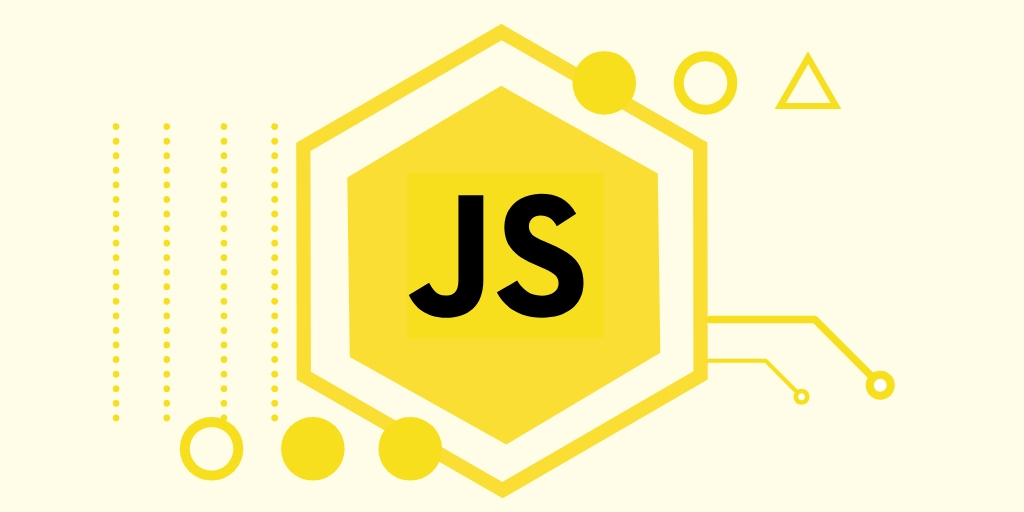Reference Errors in JavaScript: Understanding and Solving Them
JavaScript is a powerful language that is widely used for web development. However, like any other programming language, it is not without its flaws. One of the most common errors that developers encounter in JavaScript is the Reference Error. This error occurs when you try to access a variable or function that does not exist in the current scope. In this article, we will discuss the causes of Reference Errors and provide tips on how to solve them.
What Causes Reference Errors?
There are many reasons why Reference Errors occur in JavaScript. Here are some of the most common causes:
Misspelled Variables: One of the most common reasons for Reference Errors is misspelling variables. If you mistype a variable name, JavaScript will not be able to find it, and you will get a Reference Error.
Variable Scoping: Another reason for Reference Errors is variable scoping. In JavaScript, variables have a specific scope in which they can be accessed. If you try to access a variable outside of its scope, you will get a Reference Error.
Hoisting: JavaScript has a feature called Hoisting, which moves all variable declarations to the top of their respective scope. However, if you try to access a variable before it has been declared, you will get a Reference Error.
Function Definitions: When you define a function, it is not executed immediately. Instead, it is saved for later use. If you try to call a function before it has been defined, you will get a Reference Error.
How to Solve Reference Errors
Now that we understand the causes of Reference Errors, let's discuss how to solve them. Here are some tips to help you solve Reference Errors in JavaScript:
Check for Typos: The first step in solving Reference Errors is to check for typos in your code. Make sure that all variable names are spelled correctly and that there are no extra characters.
Check Scoping: If you are getting a Reference Error when accessing a variable, check its scope. Make sure that you are accessing the variable within its scope and that it has been declared.
Declare Variables: To avoid Hoisting-related Reference Errors, make sure that you declare all variables before you use them. This will ensure that the variables are defined before you try to access them.
Use Callback Functions: If you are calling a function that has not been defined yet, you can use a callback function to ensure that the function is executed after it has been defined.
Use a Debugger: If you are having trouble identifying the cause of a Reference Error, you can use a debugger to step through your code and identify the line where the error occurs.
Conclusion
Reference Errors can be frustrating for developers, but they are a common part of programming in JavaScript. By understanding the causes of Reference Errors and following the tips provided in this article, you can solve these errors and improve the quality of your JavaScript code. Remember to always check for typos, be mindful of variable scoping, declare variables before use, use callback functions, and use a debugger when necessary. With these tools at your disposal, you can overcome Reference Errors and write better JavaScript code.

